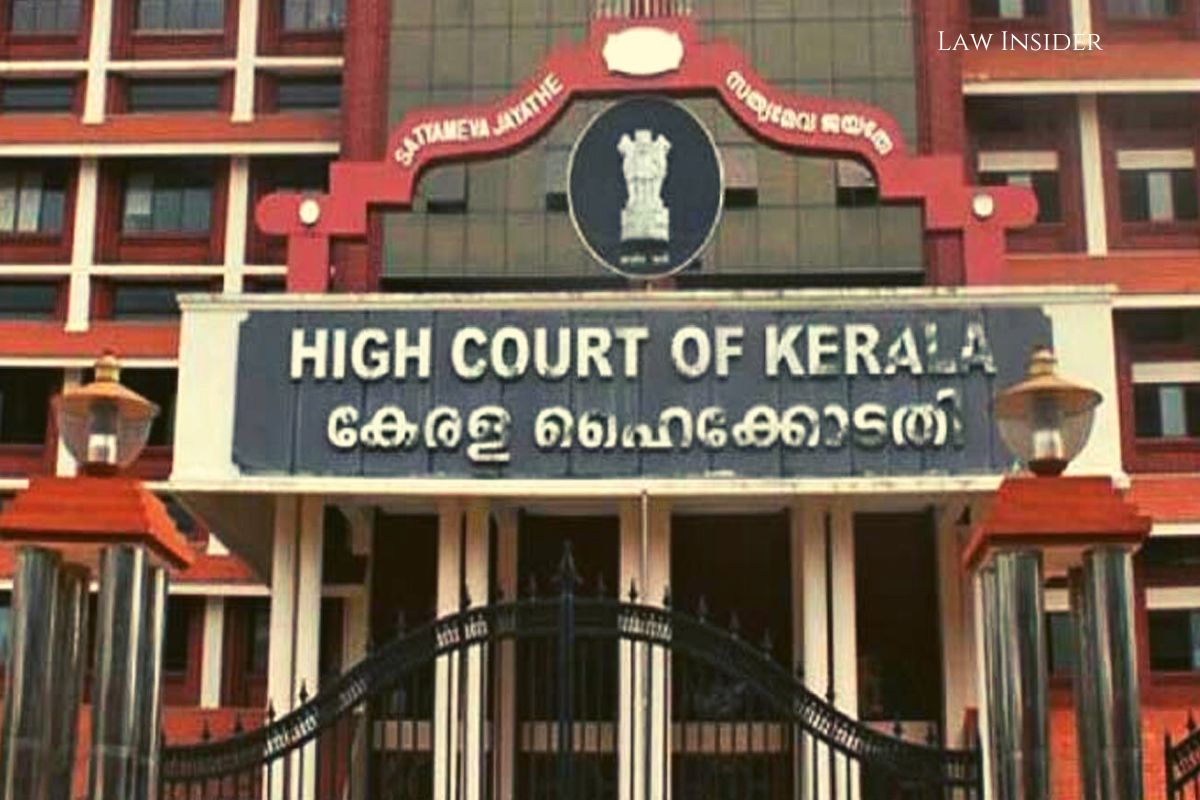LI Network
Published on: 28 August 2023 at 11:30 IST
The Kerala High Court recently invoked principles from the Bible, the Indian Constitution, and the Universal Declaration of Human Rights (UDHR) to provide assistance to an 80-year-old senior citizen who had petitioned for overdue maintenance from his children.
Despite the initial denial of the plea by a family court, which claimed that there was no law enabling a Christian to claim past maintenance, the High Court intervened with a fresh perspective.
The Court initially leaned towards supporting the family court’s decision, considering that existing laws like the Maintenance and Welfare of Parents and Senior Citizens Act, 2007, and Section 125 of the Criminal Procedure Code (CrPC) primarily focused on prospective maintenance. However, a panel of Justices Muhamed Mustaque and Sophy Thomas reassessed this stance by acknowledging that legal frameworks evolve from traditions, culture, and personal relationships.
Challenging the notion that a positive law is mandatory for claiming maintenance, the Court established that law encompasses principles implicit in privately formed relationships through traditions, practices, and culture. The Court argued that in a society where social order is shaped by community practices and religious norms, these norms and precepts should be recognized in legal considerations.
To underscore its point, the Court turned to the Bible, referencing the commandment to “Honor your father and mother.” Additionally, the Court highlighted Article 25 of the UDHR, which emphasizes the right to an adequate standard of living for individuals in old age or other vulnerable conditions.
The Court also highlighted analogous duties enshrined in the Indian Constitution, particularly in Article 41. It emphasized the societal obligation for children to care for their parents during old age.
The Court referred to legal scholar Ronald Dworkin’s advocacy for aligning legal interpretation with moral principles prevalent in society. It clarified that the absence of provisions for claiming past maintenance in laws such as the 2007 Maintenance of Senior Citizens Act does not negate claims for retroactive maintenance.
Regarding the petitioner’s delayed approach to the court, the High Court posited that his restraint in pursuing legal action earlier, in the hope that his children would fulfill their responsibilities, should not diminish his claim for maintenance.
The High Court nullified the family court’s previous dismissal of the senior citizen’s plea and instructed the family court to reevaluate the case on its merits. Both parties were summoned to appear before the family court on September 12, and the family court was directed to render a decision within two months thereafter.

